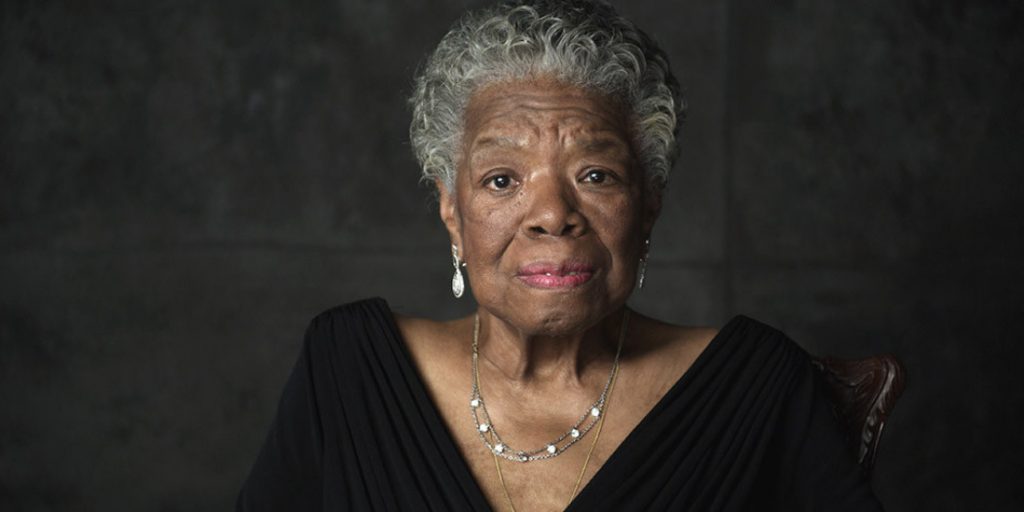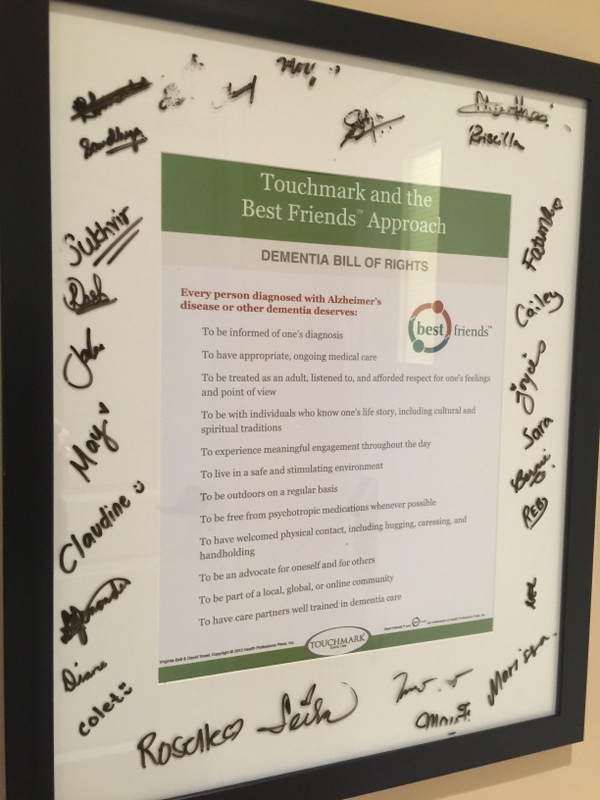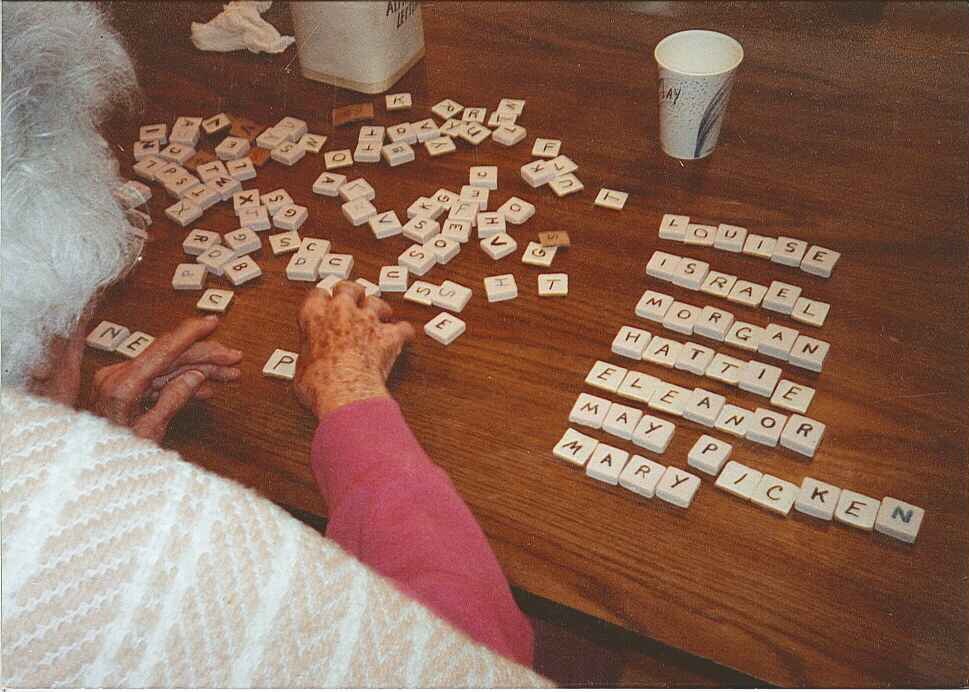“I’ve learned that people will forget what you said, people will forget what you did, but people will never forget how you made them feel.” The poet Maya Angelou wasn’t thinking about Alzheimer’s disease when she wrote these words, but I can’t think of a more perfect way to convey how using the Best Friends™ Approach impacts our friends and family members with dementia. Alzheimer’s disease and most other dementias… Read More »





